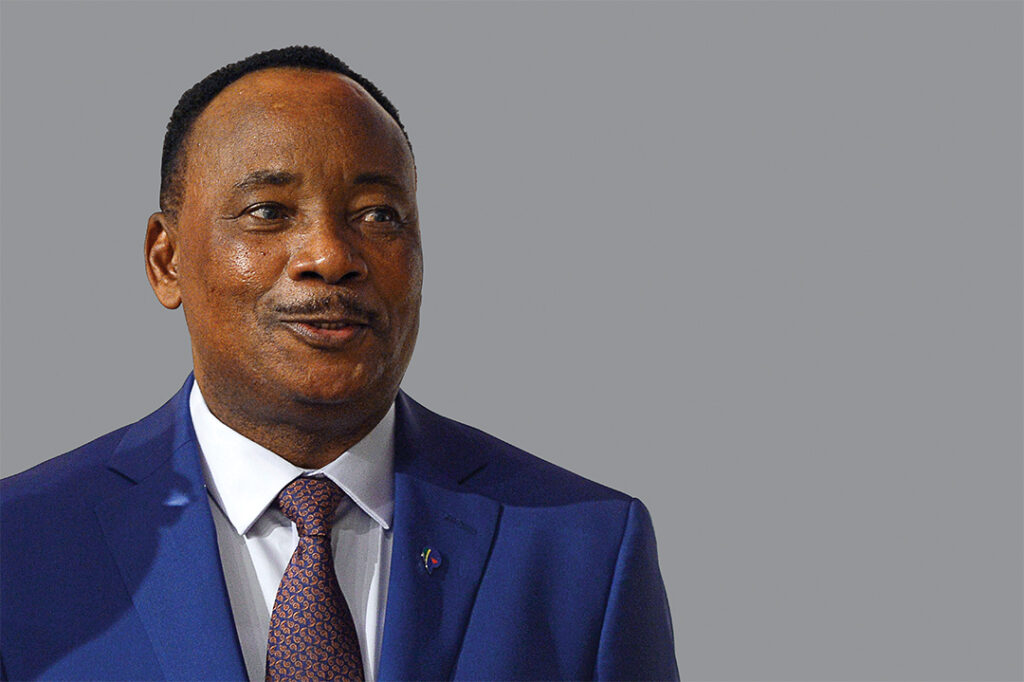Mahamadou Issoufou spoke at the opening of the Extraordinary Session of the Economic Community of West African States (ECOWAS) Authority of Heads of State and Government on April 23, 2020, via videoconference. He was president of the Republic of Niger and chairman of the ECOWAS authority at the time. His speech has been edited to fit this format.
A few months ago, no one could imagine that everything would stop so quickly: work, the economy, social life. No one could imagine that all land, sea and air borders to all countries of the world would be closed. These measures were not caused by a world war but by a virus, COVID-19. The health crisis it created has human, social and economic consequences, the scale of which we cannot measure.
Already shaken by security challenges, our region, like all other regions of the world, is not spared from this pandemic.
The national responses that we have put in place must be combined into a regional response plan in accordance with the founding principles of our organization, namely:
- Solidarity and collective self-sufficiency.
- Interstate cooperation, harmonization of policies and integration of programs.
- Peaceful settlement of disputes, active cooperation between neighboring countries and promotion of a peaceful environment as a prerequisite for economic development.
- Fair and equitable distribution of the costs and benefits of cooperation and economic integration.
Based on these principles, the pandemic response plan should focus, among other things, on:
- Health: the massive production and provision of masks, the wearing of which must be compulsory; the strengthening of the West African Health Organization; the operationalization of the National Institutions of Coordination in charge of disease control and prevention in all member countries; the intensification of the fight against counterfeit medicines in our area; health cooperation at the borders of member countries; and the harmonized management of places of worship.
- Socioeconomics: the establishment of a support plan for vulnerable individuals and households allowing access to basic necessities; the adoption of fiscal support measures for businesses in the formal and informal sector; the facilitation of the movement of goods, particularly basic necessities; the cancellation of the debt of the member countries and the countries of our continent.
The various response plans must be extended to include post-pandemic plans. Our region must set up a technical working group to reflect on the socioeconomic impact and the conditions for post-crisis recovery. This group must come up with a community investment plan that tackles structural constraints for necessary industrialization, an indispensable condition for our economic emergence, notably through:
- Mastery of production factors: energy, transport, and information and communications technology.
- The creation of industrial hubs aimed at transforming the comparative advantages of each country. By way of illustration, we can explore the chocolate, coffee, meat, rice, textile and petrochemical industries.
- Modernization and transformation of agriculture.
- The creation of educational and health centers.
- The creation of regional champions in the fields of finance, logistics and aviation, to name but a few.
We must all share the risks and the benefits of globalization. This is why we must manage our planet with caution. This is why a new paradigm for global governance is needed. Dignity, equality, justice and solidarity are among the values that must be the basis of this governance. I call for these values to be taken into account. I call in particular for the cancellation of the debt of developing countries.

